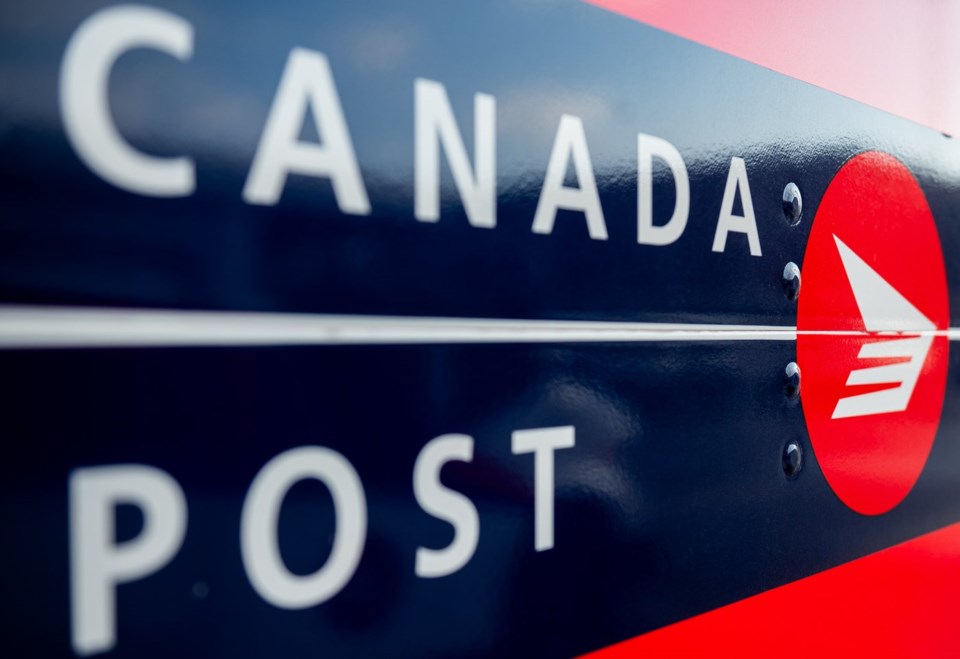MONTREAL — Canadians face a fresh wave of scams as fraudsters seize on the Canada Post strike to try to trick victims out of their cash.
The last few weeks have seen an "exponential" rise in attempted fraud, ranging from phishing emails to deepfake phone calls, says Octavia Howell, chief information security officer at Equifax Canada.
"Any time there is a major political event, a major strike or anything like that, we'll see an uptick," she said in a phone interview.
"Not only is there a Canada post strike ... it's the holidays."
Scams related to parcels and deliveries typically tick up in step with online shopping orders this time of year, but the work stoppage at Canada Post has led to even more fraud attempts amid the confusion around shipments, Howell said.
Comprehensive figures on the latest batch of scams are not yet available from Equifax Canada, but the credit bureau's daily updates have marked the rise nonetheless.
Rather than the roughly half-dozen daily consumer fraud reports of previous increases, Equifax Canada's investigations team is filing up to "87 in one report in one day coming from the same IP addresses," said Howell.
She called the trend "insidious."
"We're seeing exponential growth in the amount of scams that are actually happening ... because, one, holidays, and then two, people aren't able to get their shipments out."
Mail carriers walked off the job on Nov. 15, halting deliveries of letters and packages at the start of the holiday shipping season.
Canada Post cautions users that it never reaches out about a delivery via text or email unless it has been requested to.
The Crown corporation has asked Canadians to be on guard for telltale signs of a phishing scam or fraud attempt, including poor grammar, imagery inconsistent with Canada Post logos and a tracking number at odds with its standard format.
The Better Business Bureau similarly cautioned users when the strike kicked off.
"Watch out for fake package delivery offers during Canada’s postal strike," the non-profit said in a release last month.
It advised potential victims to verify delivery services, avoid unsolicited shipment offers from little-known companies and check for accreditation by the bureau before selecting a service.
It also noted that scammers may send false messages claiming to be from Canada Post or another carrier asking for payment for undelivered items or offering "priority service."
"Do not click on links in unsolicited emails or texts. Instead, visit the official website of the courier service for updates," the bureau said.
Canada Post recommends customers contact the Canadian Anti-Fraud Centre if they receive a suspicious email, text or call related to the postal service.
This report by The Canadian Press was first published Dec. 2, 2024.
Christopher Reynolds, The Canadian Press



